|
Tens of thousands of Ovaherero and Nama people were killed between 1904 and 1908 by Germany which ruled Namibia – what was then known as South West Africa – at the time. Little is known about the experience of those who lived through this first systematic mass extermination of the 20th century. Heike Becker writes about how this is changing, thanks in part to a new book that documents survivors’ stories.
There are suggestions that some in South Africa’s governing party, the African National Congress (ANC), will push to recall President Cyril Ramaphosa from his position as party leader during its June congress. Mcebisi Ndletyana assesses the likelihood of this happening, and how the forces ranged for and against Ramaphosa are stacked.
Lake Victoria in East Africa is the world’s largest tropical freshwater lake. Over the past 100,000 years it has dried up completely at least three times. Emily J. Beverly explains how she and her colleagues calculated that the lake could dry again within the next 500 years because of changes in temperature, rainfall and the effect on climate due to shifts in the tilt of the Earth’s axis.
|
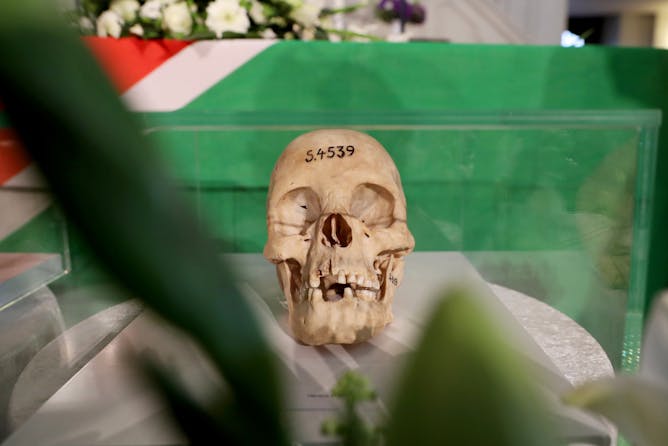
A human skull on display in Berlin in 2018. Germany handed back human remains seized during the Namibia genocide from 1904 to 1908.
EPA-EFE/Hayoung Jeon
Heike Becker, University of the Western Cape
An oral history based biography of a survivor of colonial genocide in Namibia indicates instances of humanity during an entirely inhumane era.
|

President Cyril Ramaphosa’s efforts to fix South Africa are being undermined from within his own party, the ANC.
EFE-EPA/Kim Ludbrook
Mcebisi Ndletyana, University of Johannesburg
Ramaphosa’s detractors are unlikely to succeed in their rumoured bid. And, their failure will not be because they’ve suddenly become weak within the administration.
|
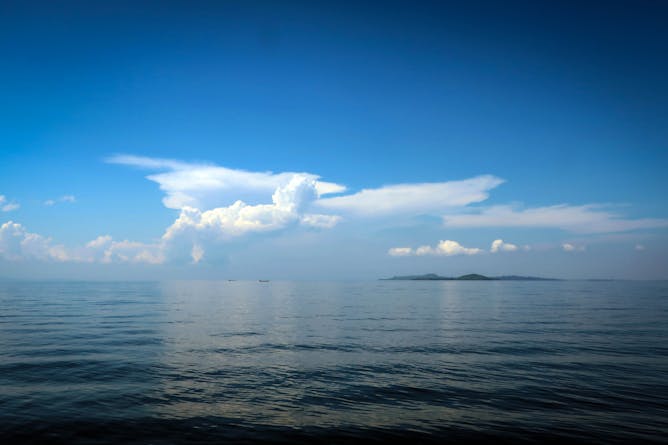
Lake Victoria.
Aleksandr Stezhkin/Shutterstock
Emily J. Beverly, University of Houston
Lake Victoria’s past is key to understanding its future.
|
Science + Technology
|
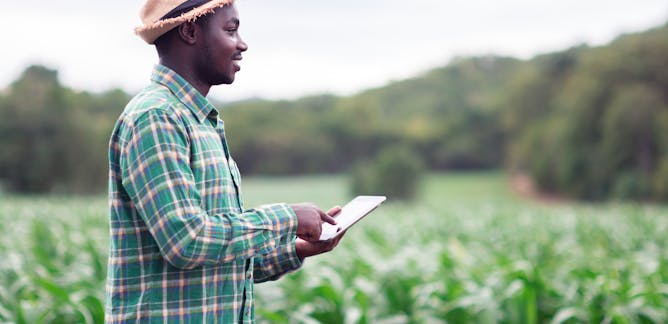
Brian Armstrong, University of the Witwatersrand
The digital economy will, soon, become the ordinary economy as the uptake - and application - of digital technologies in every sector in the world grows.
| |
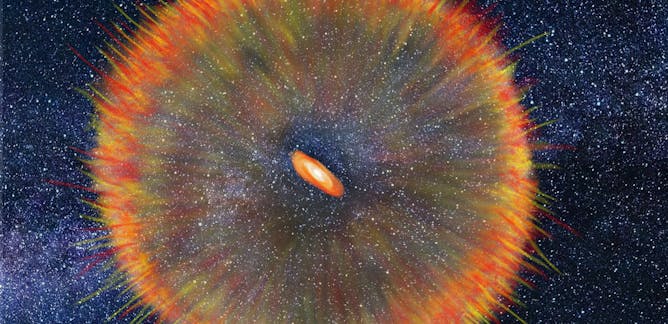
James Okwe Chibueze, North-West University
This observation means astronomers can now develop and test theories that explain how high-mass stars gain their mass.
|
|
|
Arts, Culture + Society
|
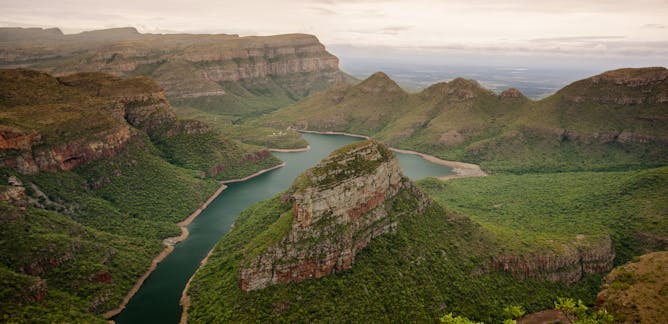
Peter Delius, University of the Witwatersrand
As early as 1500 the Bokoni people created stone-walled settlements that demonstrate their mastery of farming. But today these sites are under threat.
| |

Issahaku Adam, University of Cape Coast
Ghana understands the leisure needs of people with disabilities but is struggling to meet those needs.
|
|
|
En Français
|
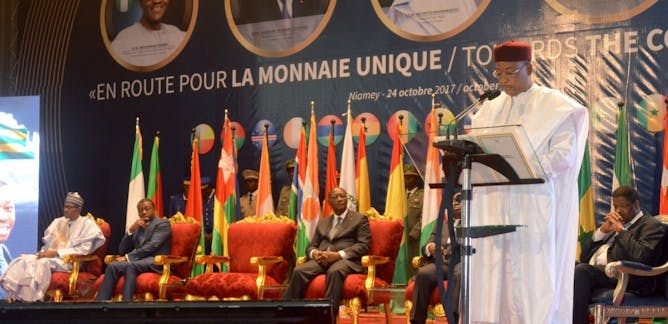
Kako Nubukpo, Université de Lomé
Les pays de la zone franc d’Afrique de l’Ouest ont décidé de créer une monnaie en 2020 en remplacement du franc CFA. Mais la région présente-t-elle les caractéristiques propices à une union monétaire ?
| |
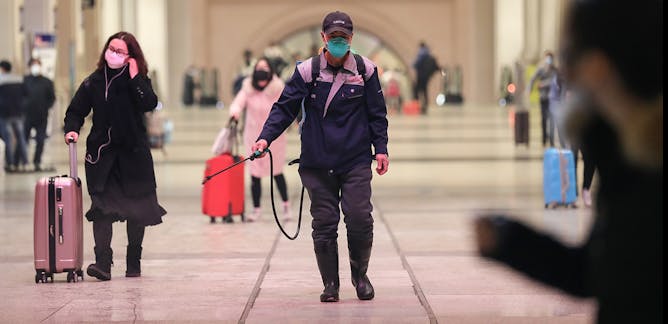
Eric D'Ortenzio, Inserm
Un nouveau coronavirus responsable de pneumonies graves sévit en Chine. Alors qu’il a déjà 56 décès à son actif et semble se propager à l’étranger, Éric D’Ortenzio fait le point sur ce cousin du SRAS.
|
|
|
From our International Editions
|
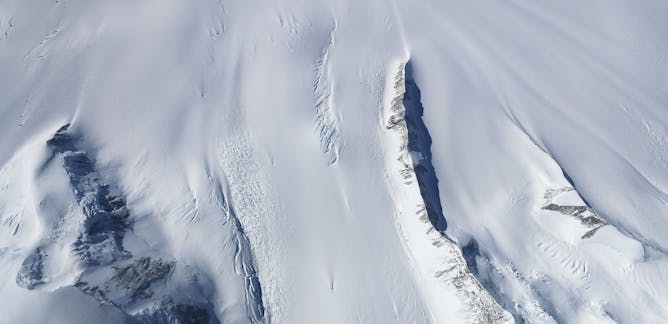
Dan Morgan, Vanderbilt University
Two centuries after it was first sighted by Russian explorers, Antarctica is a key site for studying the future of Earth's climate – and for global scientific cooperation.
| |
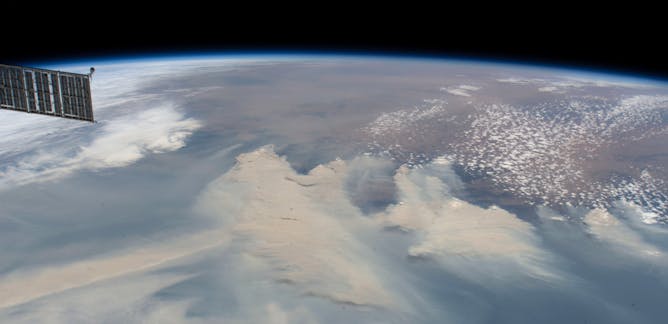
Eric Kerr, National University of Singapore; Malini Sur, Western Sydney University
When a bushfire burns is one country, smoke drift means it can become the world's problem. But the law lacks the teeth to hold those responsible to account.
|
|
|